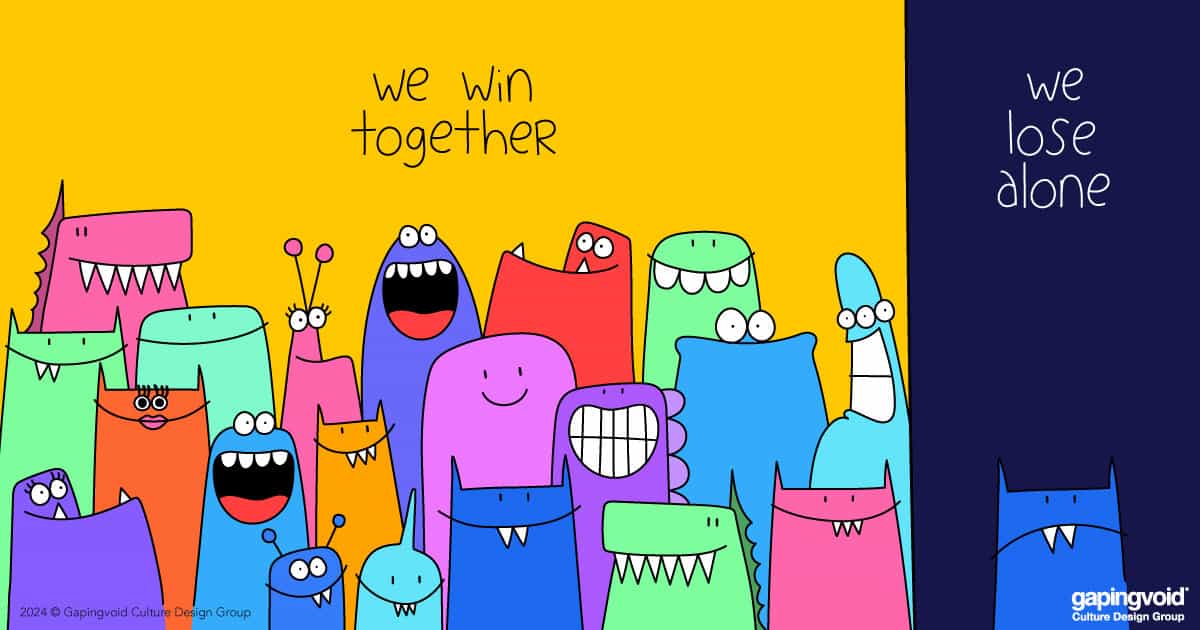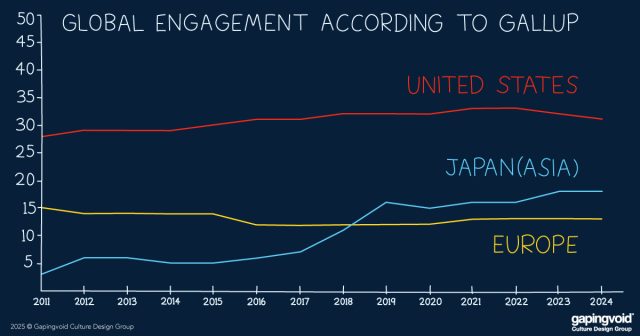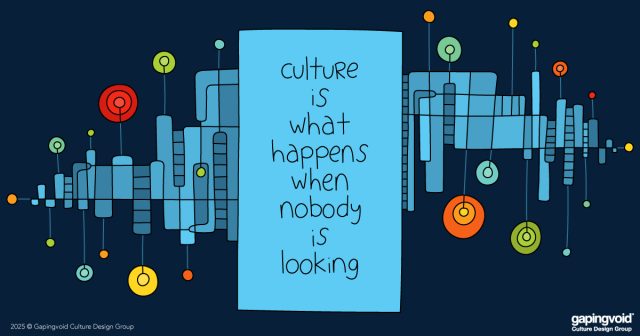
During the Battle of the Bulge, the U.S. Army had an onboarding problem.
According to the renowned WWII historian Stephen Ambrose, their process for recruiting and training replacements went something like this:
You get drafted, alone. You get sent to a three-month basic training, make some friends, but advance from basic training, alone. You go overseas, alone. You show up at a replacement depot in Europe, alone. You get transported to the front, alone. You crawl into a foxhole, alone.
You’ve been cycled into a division, and yet you don’t know anyone or anything beyond basic training.
As you can imagine, the fate of the replacements was grim.
There were at least two big problems with the system.
One: it eroded the sense of belonging and community. American soldiers in WWII often said their greatest motive was protecting their community of fellow soldiers. It was a classic identity stack. The journal entries from replacements on the frontline tell the story. The Battle of The Bulge was one of the most brutal battles in U.S. military history. Low supplies. Little food. No heat. No light at night. Bitter cold. Constant artillery. And yet, one of their big complaints? Loneliness in the foxholes.
Two: it didn’t create opportunities for knowledge sharing. There was a lot that couldn’t be covered in basic training: i.e. hands-on knowledge only the frontline veterans had like: what the leather in enemy uniforms smells like (useful on night patrols), tricks to stay dry and warm, and how to recognize the tell-tale signs of a trap. As one vet put it, “You didn’t make friends, because you didn’t want them- you assumed they were going to be killed.”
Eisenhower, one of the best leaders of the century, got trapped by a common management fallacy: confusing metrics with the goals the metrics are supposed to serve. Fixating on the quantitative at the expense of the qualitative. His priority was putting men on the frontline fast. Meeting the quotas. But he did so at the expense of camaraderie and shared knowledge, which may have undermined his broader goal of maximizing fighting capability.
This is something all organizations can learn from. Building community and sharing institutional knowledge is not something that should begin only after onboarding ends. It’s something that should start on day one and never stop.
Like Napoleon said: “Good morale is worth fifty thousand men in the field.”



